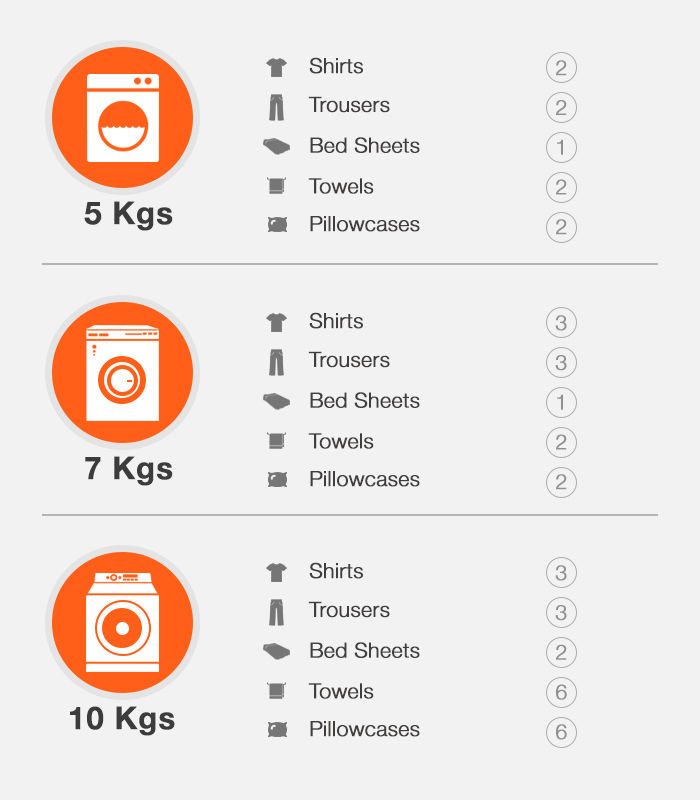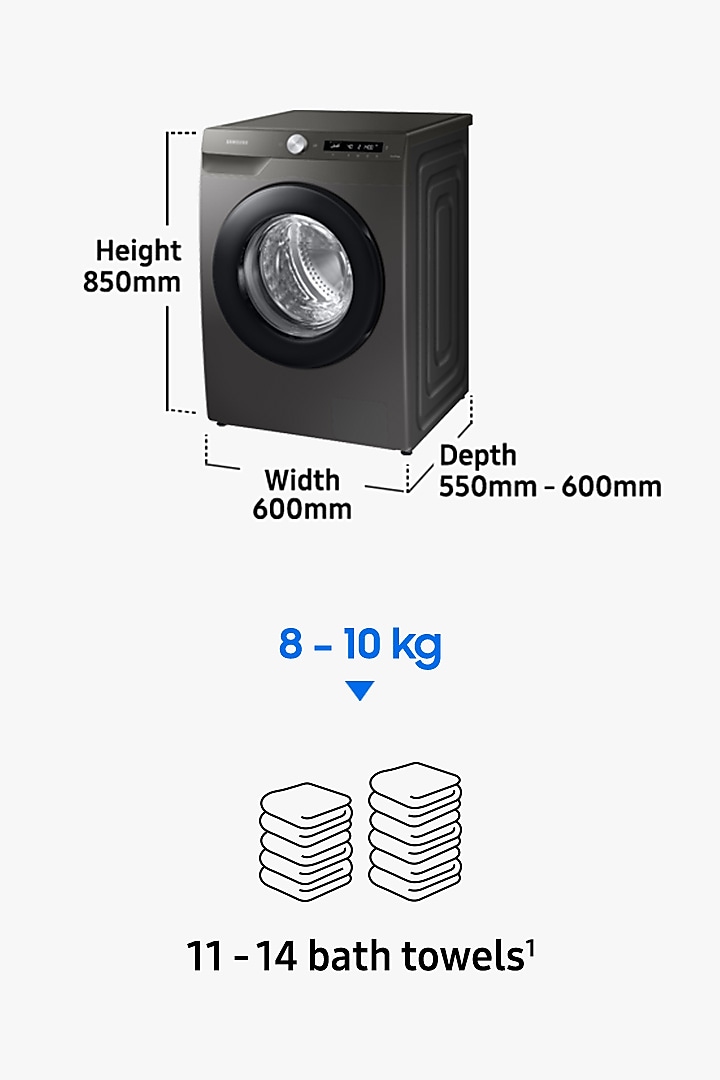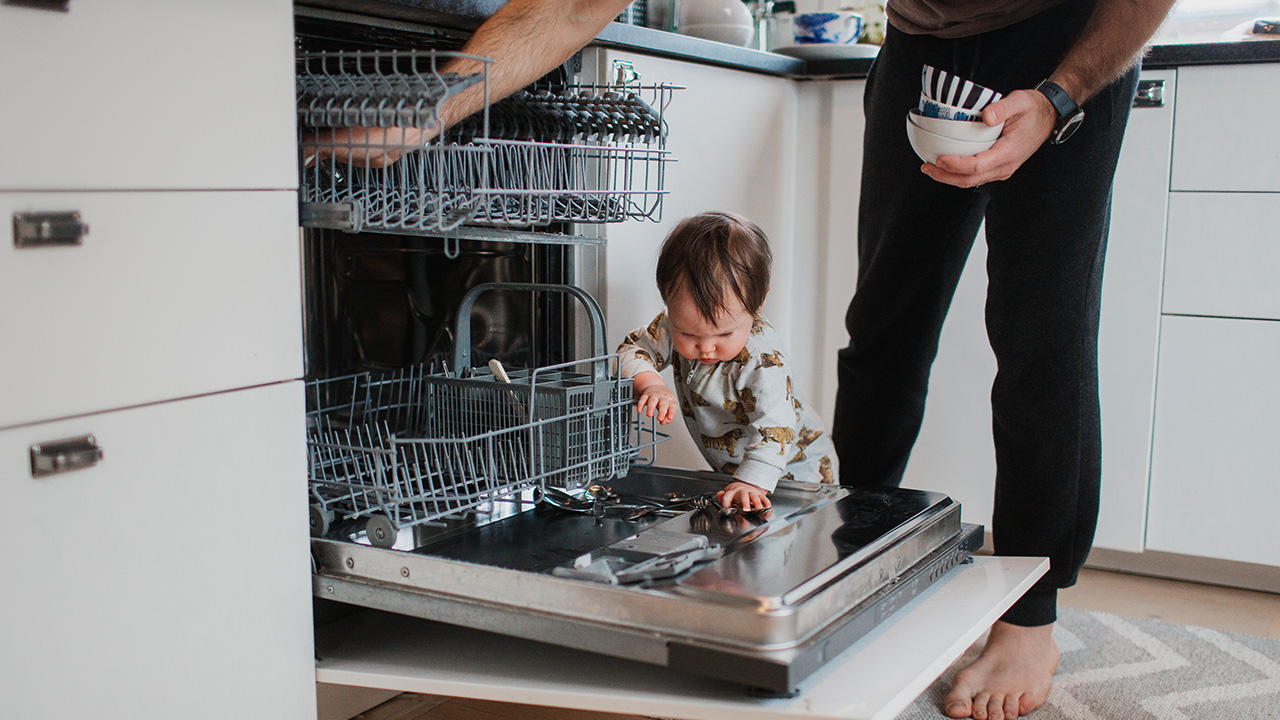What Capacity Washing Machine Do I Need: A Comprehensive Guide
Introduction
Choosing the right capacity of a washing machine can be a difficult task, especially with the wide range of options available. But why is it so crucial to make the right choice? And how to assess the perfect capacity for your needs? This article will answer all of these questions, guiding you through a comprehensive step-by-step process to choose your ideal washing machine. So, whether you are a single person or have a large family, you will find this guide handy to make an informed decision.
Understanding Washing Machines and Their Capacities
Washing machines, an indispensable household appliance, come in varied sizes and capacities, each designed to address distinct laundry needs. The capacity reference of a washing machine is in kilograms and signifies the weight of dry laundry it can handle in a single washing cycle. Understanding this specification is crucial for reasons that extend beyond merely fitting in more clothes.
To break this down:
- A washing machine with a lower capacity, about 5kg, is often adequate if you are a single individual or a couple managing small laundry loads.
- For a larger family that generates a greater volume of laundry, a higher capacity washing machine, handling up to 12kg, might be the better choice.
- Note that this weight reference is specifically applicable to cotton clothes. For mixed or different fabric types, one should consider washing a load smaller than the stated capacity.
Getting the capacity right is essential because both overloading and underloading your washing machine can result in less effective cleaning and overall damage to the unit over time. By recognizing and aligning with your needs, you can maintain the longevity of the machine, save energy, and ensure your clothes come out looking their best.
How to Assess Your Laundry Needs?
When it comes to deciding the capacity of your washing machine, it's essential to examine your specific laundry needs. We've broken down the key factors you need to consider:
1) Family Size: The first factor in the equation is the size of your family. A larger household invariably means more laundry. It's essential for your washing machine to handle this load effectively. As a rough guide:
- Single person: 5-6 kg
- Couple: 6-7 kg
- Family of 4: 7-8 kg
- Large family: 9 kg and above
2) Laundry Frequency: Your regular laundry routine plays a significant role as well. If you prefer doing smaller, more frequent loads, a smaller machine might fit your needs. On the other hand, if you accumulate laundry and wash larger loads less frequently, consider a larger capacity.
3) Garment Type: The type of garments you frequently wash affects the capacity you need. If you often wash bulkier items like jeans, blankets, or heavy cotton clothing, you'll require a machine with larger capacity.
4) Future Plans: Future life changes can directly impact your laundry needs. You might be planning to expand your family or envisaging a lifestyle change leading to more laundry. In these cases, it's wise to choose a machine with a bit more capacity than currently needed.
By considering these aspects, you can make a more informed decision and choose a washing machine that effectively meets your laundry needs.
Calculating The Washing Machine Capacity You Need: A Step-By-Step Guide
Determining your washing machine’s perfect capacity can initially seem complex. However, with these easy-to-follow steps, you can estimate your washing machine capacity accurately:
1. Itemize Your Typical Laundry Load: Start by logging all the different items you typically wash in a single load.
2. Weigh Your Laundry: Once you have sorted your laundry, weigh the entire load. Remember to weigh the load when it's dry, not wet.
3. Pad Your Calculation: After weighing, allow a little buffer to your calculation. This is to ensure that there is ample room for the clothes to tumble freely in the drum and get well washed.
Upon following these steps, you receive a rough estimate of the optimal capacity you need in your future washing machine. Keep in mind that it's always better to go with a slightly larger machine. Overloading can not only reduce the washing efficiency but also put unnecessary strain on the machine, shortening its lifespan.
Putting this all together, you now have a calculation geared around maximizing efficiency of washing loads while reducing water and energy usage. This is not simply a selection to meet your immediate needs, but a strategic choice with long-term implications for environmental sustainability and operational cost savings.
The Implications of Choosing the wrong Capacity Washing Machine
Choosing a washing machine with either too much or too little capacity can result in unwelcome repercussions which can have a negative overall impact. The importance of accurately estimating your washing machine capacity can not be underestimated. Below, we delve into the specific impact of both scenarios:
- Scenario 1: The Under-Sized Machine
- Excessive Wash Cycles: Smaller capacity machines will need to operate more often. This increases electricity usage and overall wear and tear on your machine.
- Higher Water Consumption: More loads translate to more water usage, resulting in higher utility bills and wasting valuable resources.
- Time-consuming: Frequent wash cycles mean you will spend more time doing laundry, reducing leisure or productive work time.
- Scenario 2: The Over-Sized Machine
- Inefficiency: With less laundry to clean, oversized machines will waste water and power
operating below their optimum capacity.
- Space Consumer: Larger machines naturally require more space. This could be a serious issue in a small-sized laundry room.

- Monetary Implications: Larger machines cost more to purchase, and not fully utilizing the capacity means you are not getting the most value for your money.
In essence, the proper evaluation and calculation of your washing machine's capacity is paramount. Neither underloading nor overloading the machine is beneficial. Both scenarios result in wasting resources and potential wear and tear, which ultimately could lead to a shorter lifespan for your washing machine. Be sure to choose a machine that aligns with your needs, balancing capacity with efficiency, and longevity.
Expert Tips on Buying the Right Capacity Washing Machine
Choosing the right capacity for your washing machine can influence your laundry routine significantly. Here are some key expert tips that can guide you toward making a well-informed decision:

- Identify Your Needs: The ideal machine capacity tightly correlates with your household size and lifestyle. Adding any future adjustments like a possible new addition to family size is advisable. For example:
- Single users or couples may find a washing machine with a capacity of 5-6 kg more than enough for their needs.
- A mid-sized family consisting of 3-4 individuals might require a machine with a capacity of 7-8 kg.
- Larger families will likely need a machine with a hefty 9kg capacity or above.
- Consider Your Habitual Laundry Routine: Do you tend to wash frequently with smaller loads or occasionally with larger loads? This will influence the capacity.
- Assess the Type of Garments You Regularly Wash: Heavier, bulker items will require a larger capacity compared to lighter materials.
- Examine Energy and Water Efficiency: Capacity alone isn't the sole determining factor when buying a washing machine. Check the energy and water efficiency ratings as well to ensure it aligns with your environmental impact considerations.
- Invest in Slightly Larger Capacity: It's always beneficial to have a little wiggle room in case of unexpected loads, guests, or other surprises.
- Space Considerations: Finally, make sure you have enough room in your laundry area to accommodate the washer you choose. Measure the space and compare it to the machine's dimensions.
By adhering to these suggestions, you can make an informed decision tailored to your unique requirements, saving energy, having efficient laundry, while extending your washing machine's lifespan. Remember, it's about finding a balance and making a purchase that will serve you best in the long run.
Conclusion
Choosing the correct capacity washing machine is critical for saving energy, doing efficient laundry, and prolonging machine lifespan. By assessing your needs and using the simple calculation, you can select the perfect machine for your situation. But remember, it's not just about the size - consider the machine's efficiency and longevity too, and always leave a little extra capacity for the unexpected.
Related FAQs about what capacity washing machine do i need
How does the capacity of a washing machine impact its efficiency?
The capacity of a washing machine is directly proportional to its efficiency. A machine with the right capacity will use water and power optimally during each laundry cycle. However, if it's oversized or undersized, it will either use more resources or leave your clothes inadequately washed.
Is there a standard way to estimate the washing machine capacity I need?
There's no standard rule as needs may vary based on household size, wash frequency, and garment type. However, you can make a rough estimate by weighing a typical dry laundry load. Include a buffer space for effective cleaning in your calculations.
What are the drawbacks of using an oversized or undersized washing machine?
Using an oversized washing machine leads to waste of water and power. It also occupies extra space and may not clean clothes optimally if underfilled. On the other hand, an undersized machine may require multiple washes, leading to increased utility costs and wear and tear.


